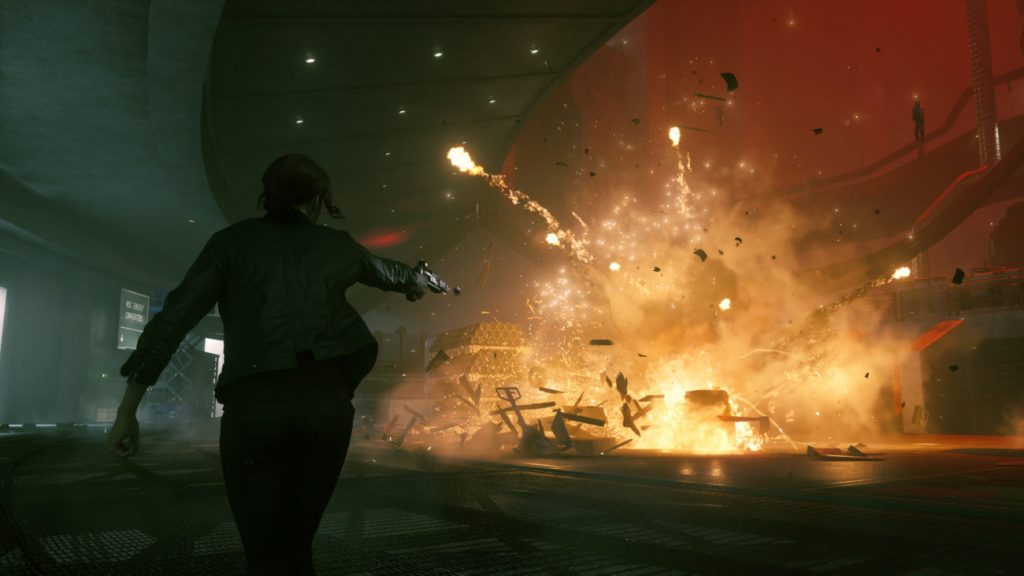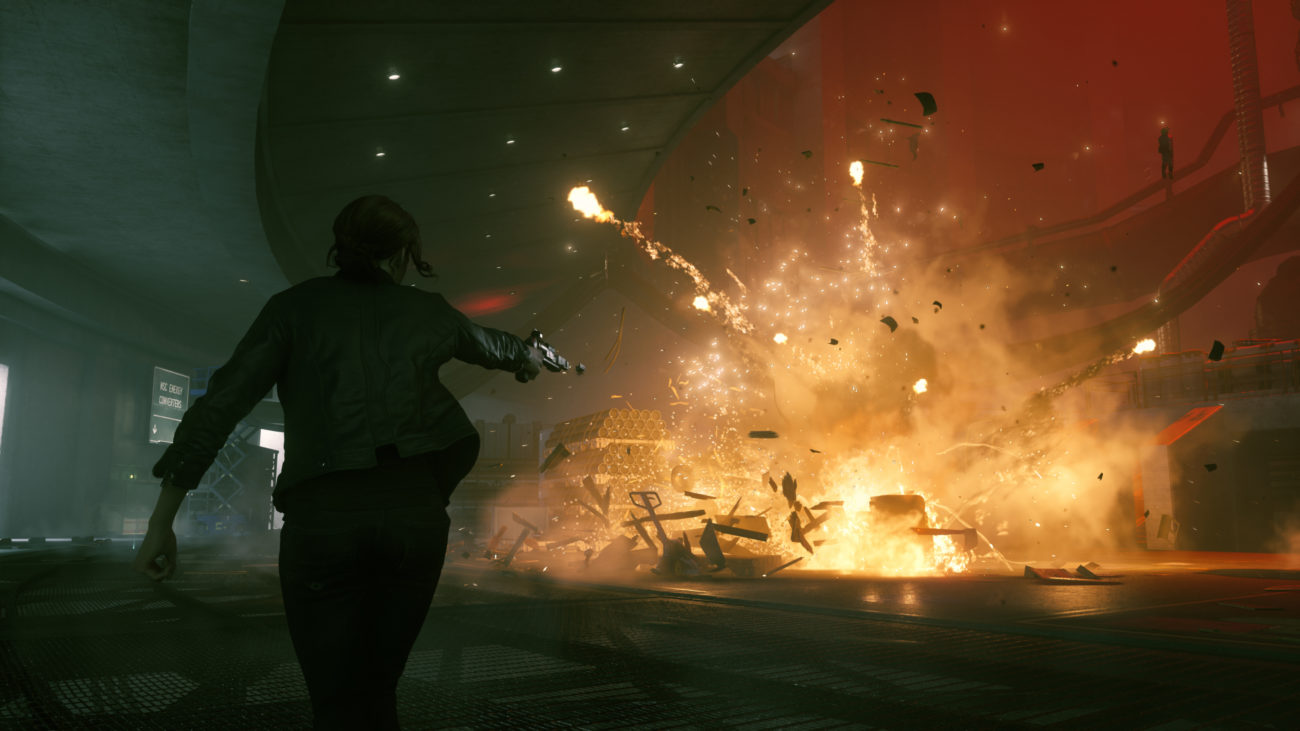 A few months ago, a teaser for Control‘s upcoming AWE expansion strongly hinted that the DLC would feature the protagonist from developer Remedy Entertainment’s cult classic Alan Wake franchise. As such, few people were surprised when the recent reveal trailer for AWE confirmed that was indeed the case.
A few months ago, a teaser for Control‘s upcoming AWE expansion strongly hinted that the DLC would feature the protagonist from developer Remedy Entertainment’s cult classic Alan Wake franchise. As such, few people were surprised when the recent reveal trailer for AWE confirmed that was indeed the case.
What was surprising is when Remedy revealed that this crossover isn’t a one-off event. Actually, the studio confirmed that they’re working on a new project which will help further what the studio is referring to as the “Remedy Connected Universe.”
Needless to say, the idea of a multiverse is hardly new. You’re probably already thinking of a particularly popular example of the concept. Yet, the more you hear Remedy talk about this idea (and the more you think about it) you start to realize that this is about more than just Remedy’s own projects. In fact, Remedy may just have found a way to help save smaller single-player games.
For years, Remedy has excelled at creating narrative-driven single-player experiences featuring memorable characters, levels, and gameplay mechanics. The trouble is that they typically don’t feature many of the qualities which define the most fiscally successful modern games. They’re not loaded with microtransactions, they don’t feature multiplayer modes, and they’re typically fairly short and linear. They’re pretty much exactly the kinds of games that EA and other major companies have attempted to pivot away from.
The thing is that it’s hard to blame them for moving away from such titles. In an age where open-world titles offer hundreds of hours of single-player gameplay and people spend a great deal of time (and money) on multiplayer games that become their “main” title for months, it’s a bit hard to ask someone to spend $60 on a 12-hour game no matter how good it is. It’s also becoming more expensive to produce those games.
You may recall that blockbuster films faced a somewhat similar problem not long ago. Studios like Disney were spending more and more money on the latest blockbuster and seeing diminishing returns. A big part of the problem was the quality of the movies themselves, but there was also a growing issue of demand. Streaming services and TV shows were becoming increasingly popular entertainment alternatives. Fewer people felt the need to go to theaters simply because there was a new movie out.
The MCU helped change some of that. Not only were the movies good, but they featured a twist that hadn’t been seen on the big screen for quite some time. Each of them was part of a much bigger story. Even some who weren’t necessarily interested in an individual part of the story often felt compelled to go see the next movie to see the next chapter in the larger narrative.
It’s easy to see how a similar idea could help sell the next entry into the Remedy Connected Universe, but the brilliance of this approach is really about more than just a hook. No, the great thing about a video game multiverse is that it allows Remedy to pursue the kinds of games they love to make while also enjoying the benefits of a franchise.
While games like Control, Alan Wake, and Quantum Break feature similar elements, they’re largely unique experiences. That’s great from a creative standpoint, but it’s much harder to convince the average buyer to take a chance on a name they’re not familiar with.
What a connected universe does is make it much easier for a company like Remedy to make those kinds of games while also tying them to a familiar brand. Did you like Alan Wake? See more of him in Control. Did you like Control? Find out how that adventure continues in Remedy’s next game while enjoying an entirely new adventure.
That isn’t to say that this is a perfect solution or the path that developers of all story-based single-player games will soon need to walk. What it is, though, is a relatively fresh way of thinking. It’s an example of a studio trying to find a way to sell the kinds of games people say love but just never seem to sell enough.
The future of single-player games isn’t just shared universes; it’s the acknowledgment that the 12-hour game just isn’t enough anymore no matter how good it is. Once more developers acknowledge that and start coming up with solutions such as this, maybe the industry will finally be able to support an art form it has pushed aside for too long.



